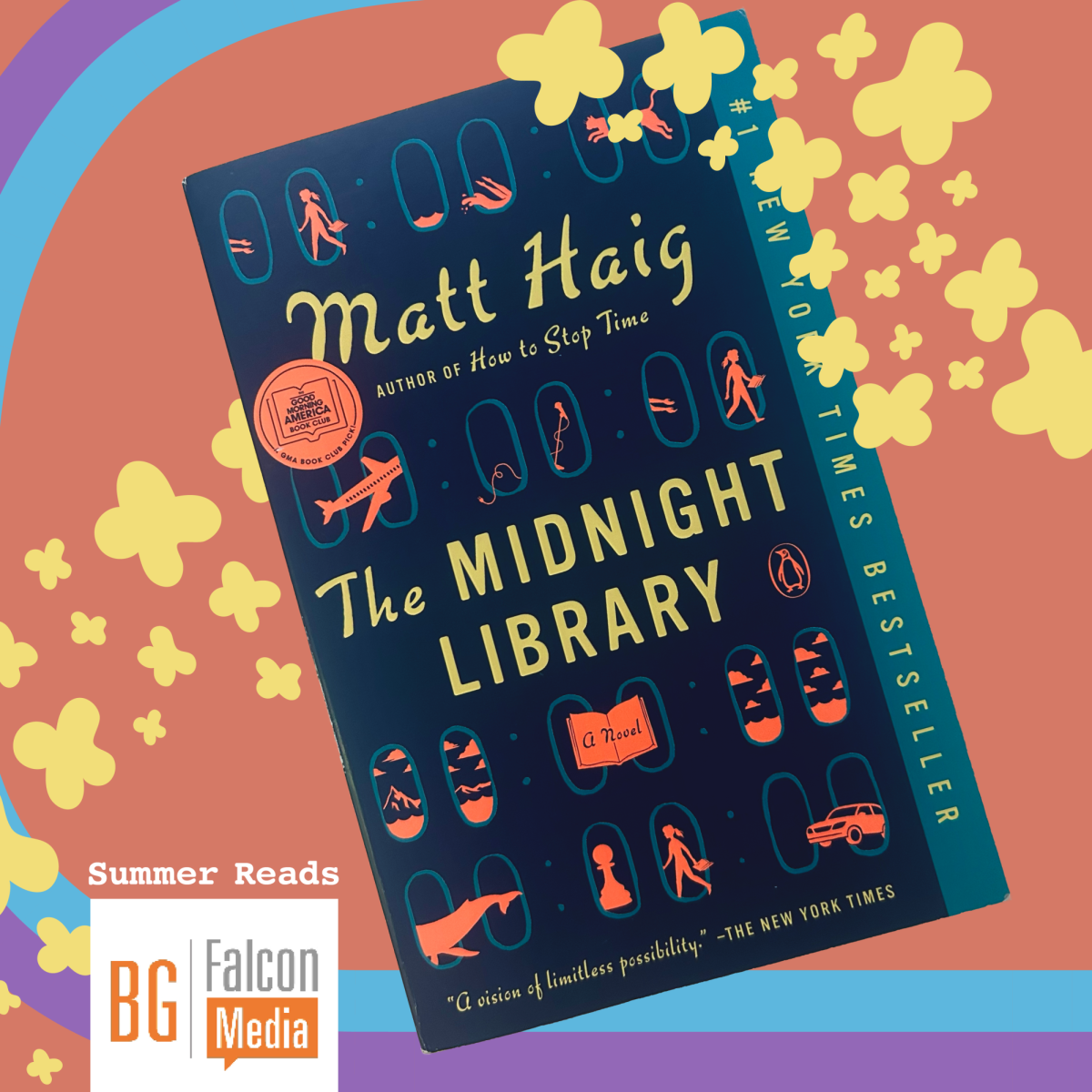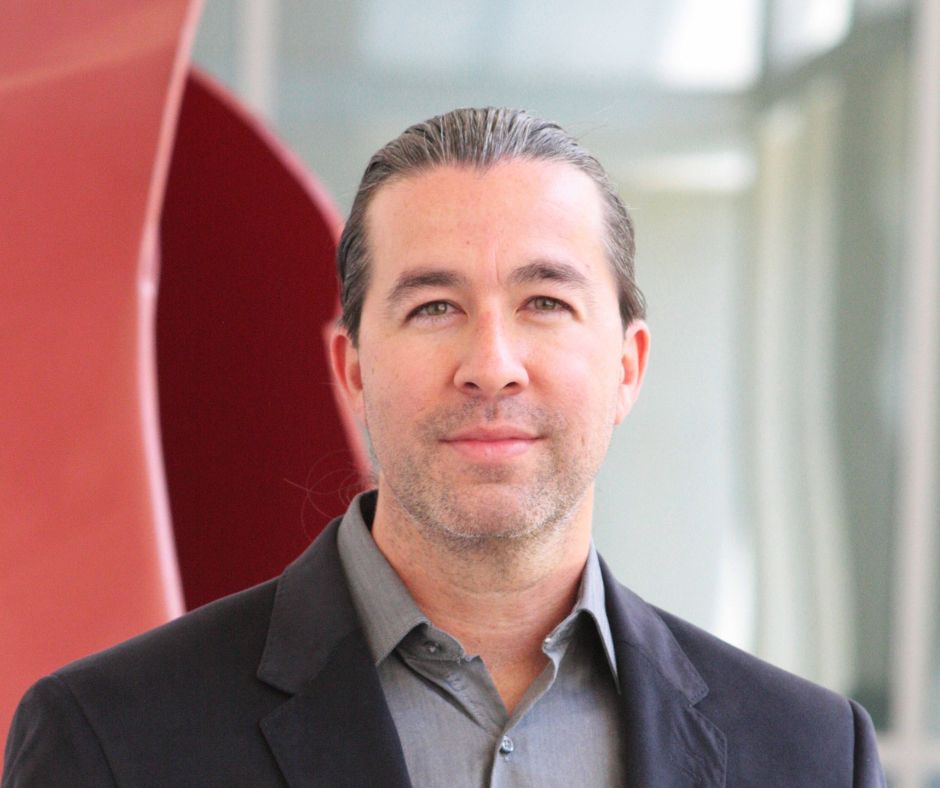With the release of “Mockingjay Part I” in theaters Nov. 21, the trend has been continued where the last novel in a series has been adapted into two films rather than one.
Books such as “Mockingjay,” “Harry Potter and the Deathly Hallows,” “Breaking Dawn,” “Allegiant” and the prequel “The Hobbit” all are expanded into numerous films, and viewers might be wondering why.
Stephannie Gearhart, an English professor who teaches a course on Shakespearean works being adapted, said that the expansion of a series is more for an economic gain than it is to remain true to the novels.
“My first instinct is to say that [filmmakers] are dragging this out as long as possible to make as much money as possible. And to be honest, when you think about adaptations, there is the economic factor. There is the fact that for me, to some degree, Shakespeare sells,” Gearhart said.
Gearhart isn’t the only individual who thinks that expanding the film series is linked to economics; Charles Coletta, an instructor in the Popular Culture department, agrees.
“The main reason they’re doing this is for economic reasons,” Coletta said. “There’s no reason that they couldn’t film ‘The Hobbit’ in one movie or two movies, but people want to see them and the audience keeps coming back. And as long as it’s profitable, they’ll do it.”
The current trend in Hollywood, Coletta said, is the franchises that exist, such as “Harry Potter,” or the Marvel universe. With these franchises, Hollywood is looking to extending a franchise out as long as possible.
“Hollywood is more interested in going for blockbusters in the terms of franchises to keep these movies going and extending them out as far as they possibly can,” Coletta said.
With Hollywood focusing on franchises with an already built audience, the viewership is there.
Melinda Lewis, an instructor in the Theater and Film department, said that adaptations are an important part of filmmaking.
“It’s become, I would argue, it’s one of the foundations of filmmaking is adaptations,” Lewis said. “One, because you have a built-in audience — fans of the novel, fans of characters, and so you already know people who are interested in it. Whether they like it or whether they don’t like it is a different thing. But you will know people will like it for one or two reasons.”
The language in which someone talks about the films also is a factor, Gearhart said.
“People always say ‘Oh, the book is better than the film.’ Everybody always says that. A current trend in scholarship is to say, ‘Well, that kind of language isn’t very helpful.’ The adaptation is just different from the source text,” Gearhart said. “So, rather than using language of judgment … many scholars decided we need to use more neutral language. That’s not to say we don’t critically judge these
adaptations.”
While a driving factor in the making of these films is economic, filmmakers also strive to make sure the details are right for
the audiences.
“I think part of it is that they want to create as much detail as possible. Particularly because these books have a fanbase, but a passionate fanbase. ‘Harry Potter’ fans love ‘Harry Potter,’ and you better get the details right,” Lewis said.






















